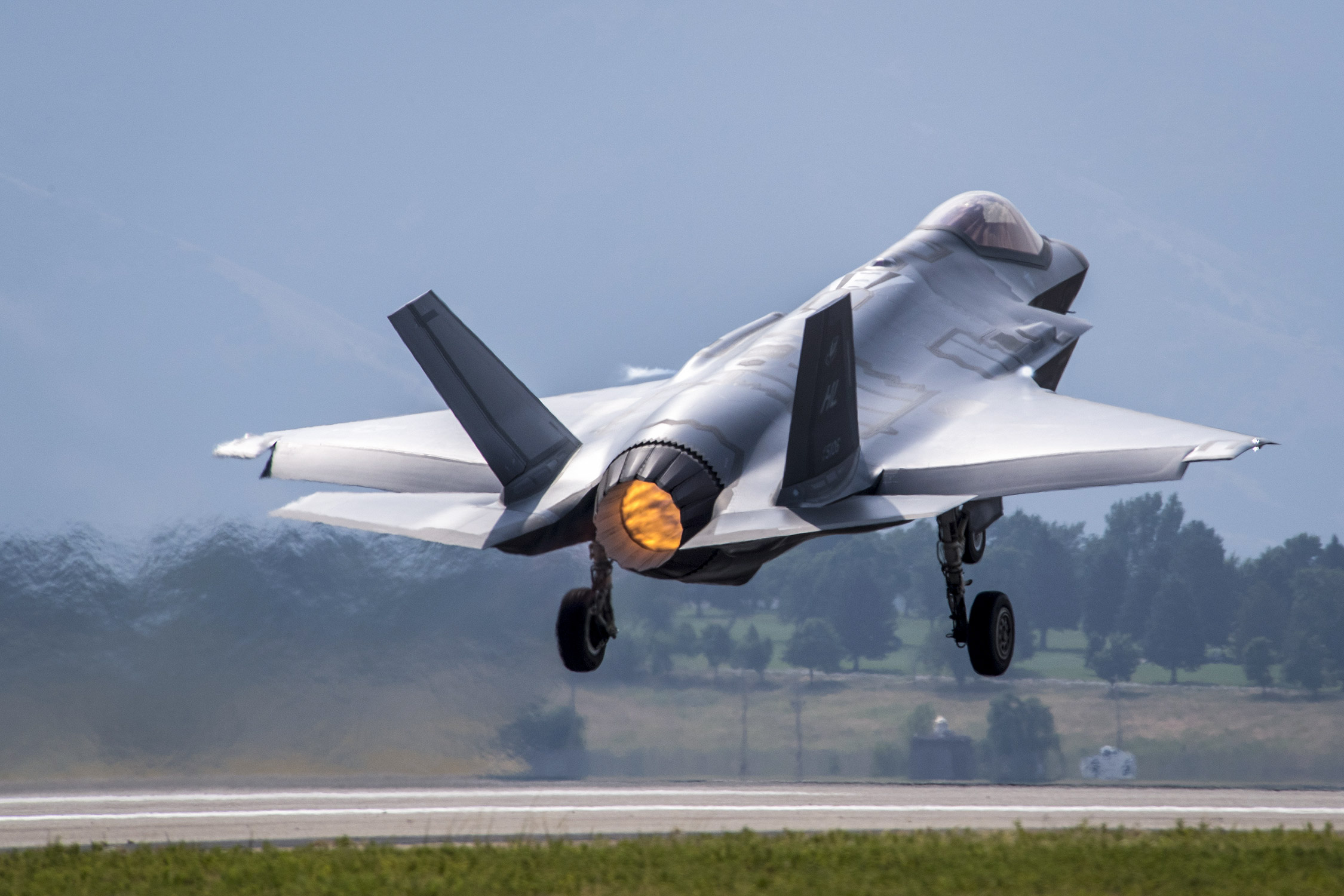The US Department of Defense has signed a $1.31-million agreement with metallic solutions provider Selmet to support the production of turbine engine components for fighter jets.
The partnership will see Selmet manufacture specialty titanium castings for key capabilities integrated into F-15 Eagle, F-16 Fighting Falcon, F-22 Raptor, and F-35 Lightning II aircraft propulsion.
Located in Albany, Oregon, Selmet is a strategic supplier of F100, F135, and F119 turbine engine components for Raytheon Technologies segment Pratt & Whitney.
Sustaining Resiliency
The project aligns with the US Defense Production Act Title III, which seeks to reduce disruptions in the engine supply chain for the “most essential” combat fleets.
Funding for the initiative was drawn from the $40.1-billion Additional Ukraine Supplemental Appropriations Act for emergency supplemental activities in response to Russia’s invasion of Ukraine.

“Resiliency at all points in our defense industrial base is required to ensure the operational availability of the platforms on which our warfighters depend,” US Defense Industrial Base Policy Assistant Secretary Dr. Laura Taylor-Kale stated.
“Upstream supporting activities are just as important as the manufacturing of final products.”
Strengthening Hypersonics, Strategic Systems Supply Chain
In April, the US signed a similar agreement with General Electric, Carbon-Carbon Advanced Technologies, and Northrop Grumman.
This separate effort focused on bolstering the supply chain of equipment related to hypersonic and strategic system development across the US defense.
“The Department of Defense continues to deliver on the President’s strategic objectives of supporting industrial sectors critical to our nation’s national security needs and strategic interests,” Taylor-Kale explained.
“The Biden Administration has identified hypersonics technology as a critical need for ensuring American national security.”
“The Office of Industrial Base Policy – through the MCEIP team, is pleased to act on behalf of the nation to accelerate the advancement of hypersonics technology in the United States.”












